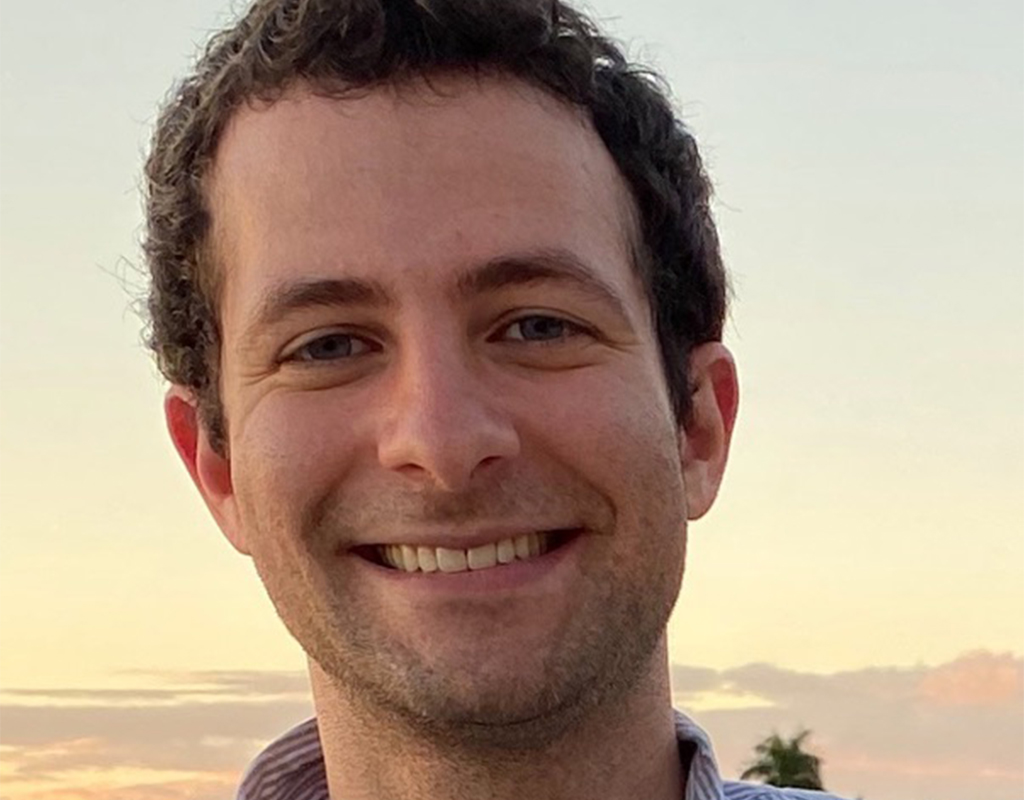

Consider one such that I wrote about not long ago – my Northwestern University professor, Erich Heller. A third kind – suicide among the elderly – is the easiest to understand, it seems to me. We have already referred to two here – suicide among the young (Tommy Raskin), and suicide among the middle-aged (Krueger my father). Yet off he went, with not one of his many friends having had an inkling, as they tell it, that something was disastrously wrong inside his head.Īnother thing UD has come to understand about suicide – there are several pretty clearly distinct kinds. Brilliant, handsome, courtly and kind, at the very top of his game, Krueger had it all – an Ivy League professorship, high-level positions in the federal government, a seemingly happy personal life, etc. I think a lot of people sensed these truths very strongly a couple of years ago when one of the goldenest of golden boys, Alan Krueger, killed himself at the age of 58 (same age as my father). Suicides are committed by people driven by a distorted mental and emotional reality. As I said before, it isn’t a rational choice. Whatever was tormenting him - depression, mental illness, some event that threw his mental wiring off kilter - that is what took him. If you’re thinking that John made a choice to end his life, I can’t agree. Our most basic human instinct is for survival, so to cause one’s own demise subverts that in ways our healthy intellects can’t imagine. Normal people, those who are not sick in some way, do not kill themselves. If you’re trying to make rational sense of how something like this could happen to someone with such talent and such a bright future, you really can’t think about it rationally - there is no rational explanation. Having someone nearby made no difference at all. Seth’s roommate was in an adjoining room when he died. If you are wondering why you didn’t go with John or ask him to come over if he seemed out of sorts, don’t blame yourself.

Even if you think that you could have on that particular occasion, there is no guarantee that it would not have happened some other time. Although we still know very little about John Miller’s tragic passing, I thought it might be helpful to share some of that hard-earned knowledge. I have learned more about this than I care to know in the time since Seth died. The guilt and second-guessing and pure horror that someone could end one’s own life cause excruciating pain for family and friends. Suicide brings on a very particular and peculiar kind of grief.
Ever since that happened, she’s done a lot of thinking and reading and writing about the act, and these words by Elaine Ellis Thomas (her son Seth killed himself) convey a good deal of what UD has concluded about it. What to say? UD‘s longtime readers know that her father – an eminent immunologist at NIH who had a good marriage and friends and four healthy kids – committed suicide when he was 58. The suicide, at 25, of Jamie Raskin’s son Tommy (I’ve met Raskin a few times – he’s my district’s member of congress) prompts a beautiful remembrance essay by his parents. “ opposed all malicious gossip, stopping all such gossipers with a trademark Tommy line - ‘forgive me, but it’s hard to be a human.’”


 0 kommentar(er)
0 kommentar(er)
